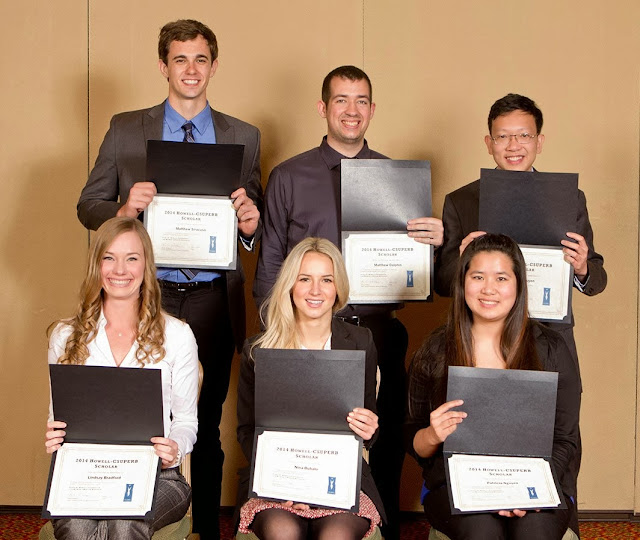An Integrative Approach to Stress Management: Reducing Stress & Increasing Happiness

Meet our Speakers Dr. Banka is known in the research community for being a champion of gender differences in research and in diagnosing and treating illness. If you ever hear the words “were both gender included in the research/studies?” or “How did gender differences impact the outcome?” then you know it HAS to be her! Carole L. Banka, Ph.D. is currently Associate Project Scientist in the Department of Medicine at the UCSD School of Medicine. She received her Ph.D. from UCSF School of Medicine and did postdoctoral training at UCSD School of Medicine and The Scripps Research Institute. She has held faculty positions at The Scripps Research Institute and the La Jolla Institute for Molecular Medicine where she was Director of Women’s Health Research. Her areas of research include heart disease, fat and cholesterol metabolism, breast cancer and reproductive biology. Dr. Banka has received numerous awards for her public speaking on women’s h...




